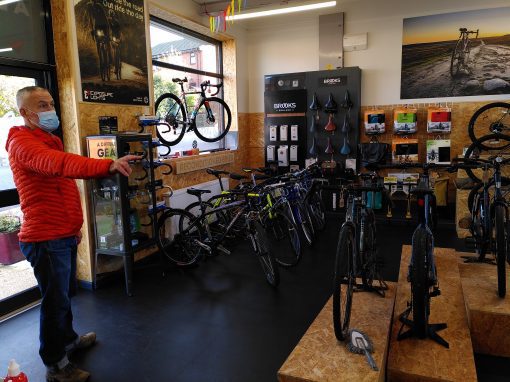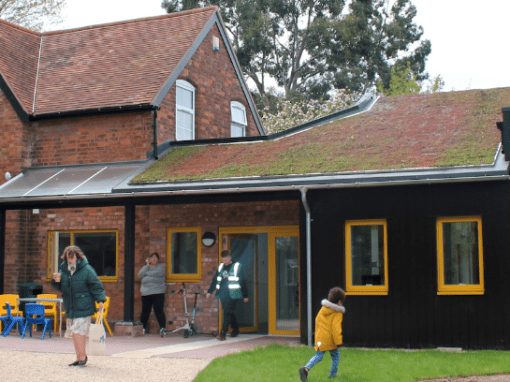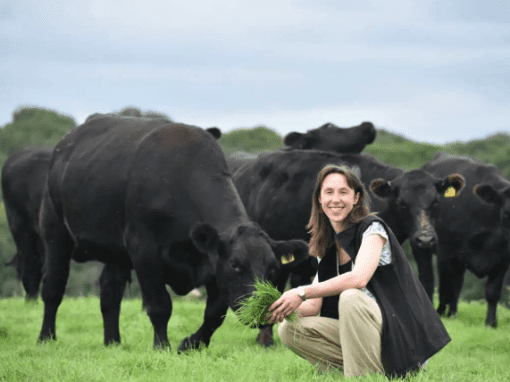All this activity has needed careful coordination. Increasingly the community business is using digital tools to do this. The park had a staff team who were mostly part time. Other services such as the café and children’s area were delivered by external partners. And there were also around 100 volunteers, with a core of 50 regulars, all of whom needed management and support.
There were also important connections with local businesses, state entities and other civil society organisations, as well as regular engagement with community representatives.
The range of different groups and individuals involved meant that managing the park was tricky even before everyone started working remotely.
Digital and better communications
Victoria says that moving all communication to digital channels has increased the community business’ engagement with the surrounding community, and also improved relationships between park staff, who were previously working outside in different parts of the park, often on different days, and did not necessarily come into close contact with each other.
“If anything, during the pandemic, our communications have got better,” Victoria says. “We have a lot of meetings online. We have a lot of public forums to discuss what happens in the park. We have staff meetings every Friday. Everyone is involved. We have public meetings every month. We do monthly bulletins to park users through Mailchimp.
“Almost everyone is part time. Our park manager is really good at putting systems into place to help us work together and uses an online app to manage all of their hours.” The park has gradually been implementing digital systems to manage finances and administration, she says.
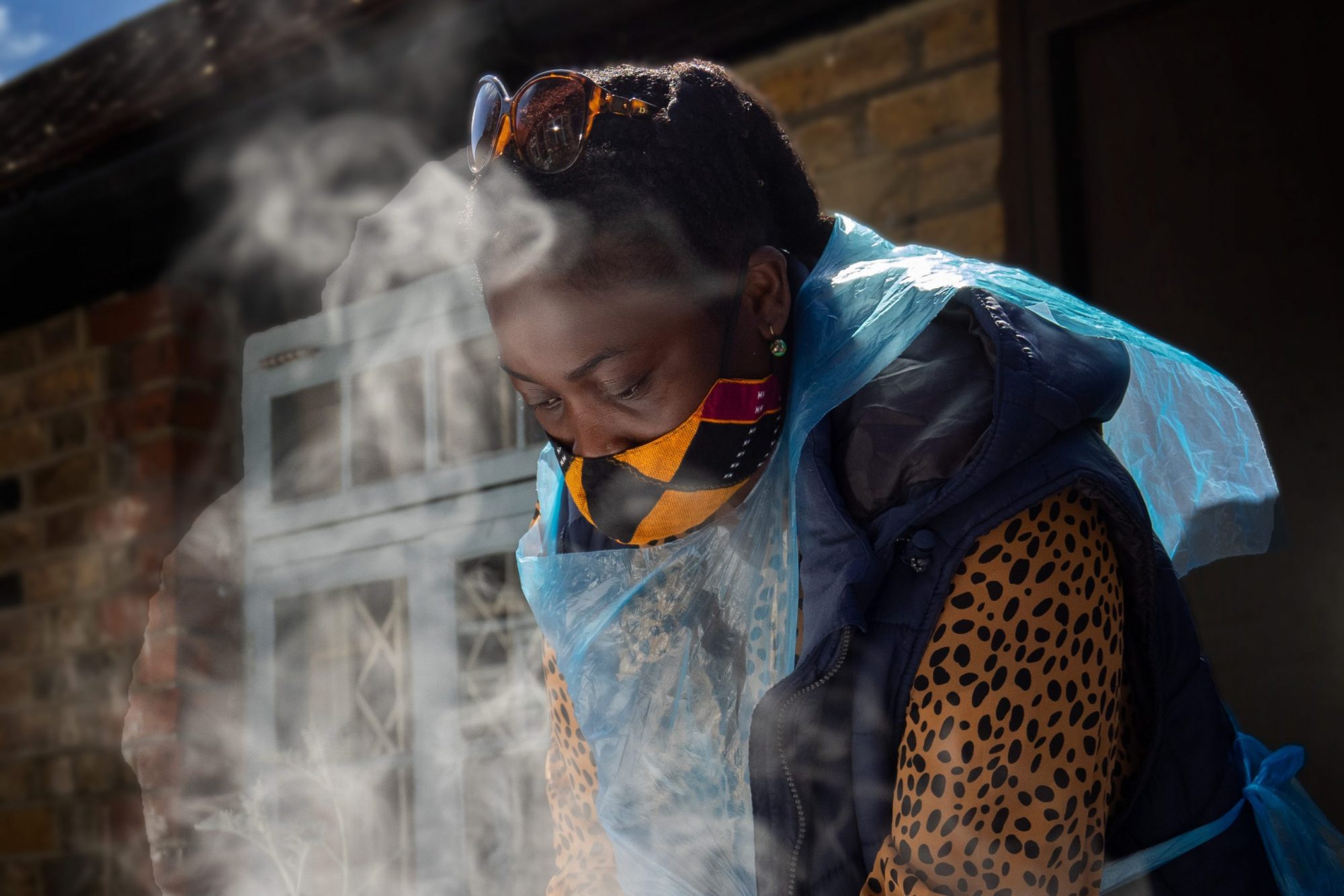
“We’ve moved to online accounting. We moved to Xero, and that’s hugely cut down the amount of red tape we have to deal with. We do all our hires online through Stripe. The tennis courts people just book. They choose a time, they book, they pay, it’s all automated. The football pitches aren’t quite fully automated yet, but that’s on its way.”
One of the biggest areas where digital has helped, though, has been in recruiting, onboarding and managing volunteers.
Increases in volunteering
Rajia Khan, who is the park’s volunteering manager, says that before Covid there was a lot of volunteering activity taking place. During lockdown, volunteering hours have actually increased.
“Before lockdown we had sessions in the greenhouse,” she says. “It was a lot of older residents who were retired. They were long-term volunteers who’d been supporting us through the years. We also had people coming in to do ‘food hero’ sessions. They would come along with all the ingredients and residents would come and learn how to cook those meals. Those sessions used to be really diverse with cookery from all around the world. We had a really mixture of chefs and a really interesting mix of people.
“Then when Covid hit we had to stop volunteering initially and understand the new landscape. We came together as a team and thought about how we would do things. Greenhouse volunteering stopped for a while. But after we understood the government guidelines, we decided we were able to start again, with volunteers in PPE.”
Lockdown made the park’s administrators look again at what could be achieved with volunteers, she says. “Tony, our horticulture manager, does a wonderful job. He delivers whatever people want. But he’s just one person working part time, and he needed support. We realised that it’s outdoor, and if we keep to the government guidelines, we can have volunteer sessions, so we advertised that on our website and emails.
“That exploded. The moment it was advertised, the response from the community was astonishing. And more than that, it got the wider community aware of what we do and how we do it. It’s created an open dialogue.”
The community business also had more applications than ever for people to be litter pickers within the park.
“We’re constantly getting new applications,” Rajia says. “People have wanted to contribute more and more. Tony loves working with his volunteers. He’s extremely strict about everyone following Covid regulations.
“We’ve now started the food hero sessions again, but now everyone has their own cooking station and can cook their own meal. We probably have the same number of volunteers today – 100 or so, with a hard core of 50. But we’re seeing more sessions doing more different things.”
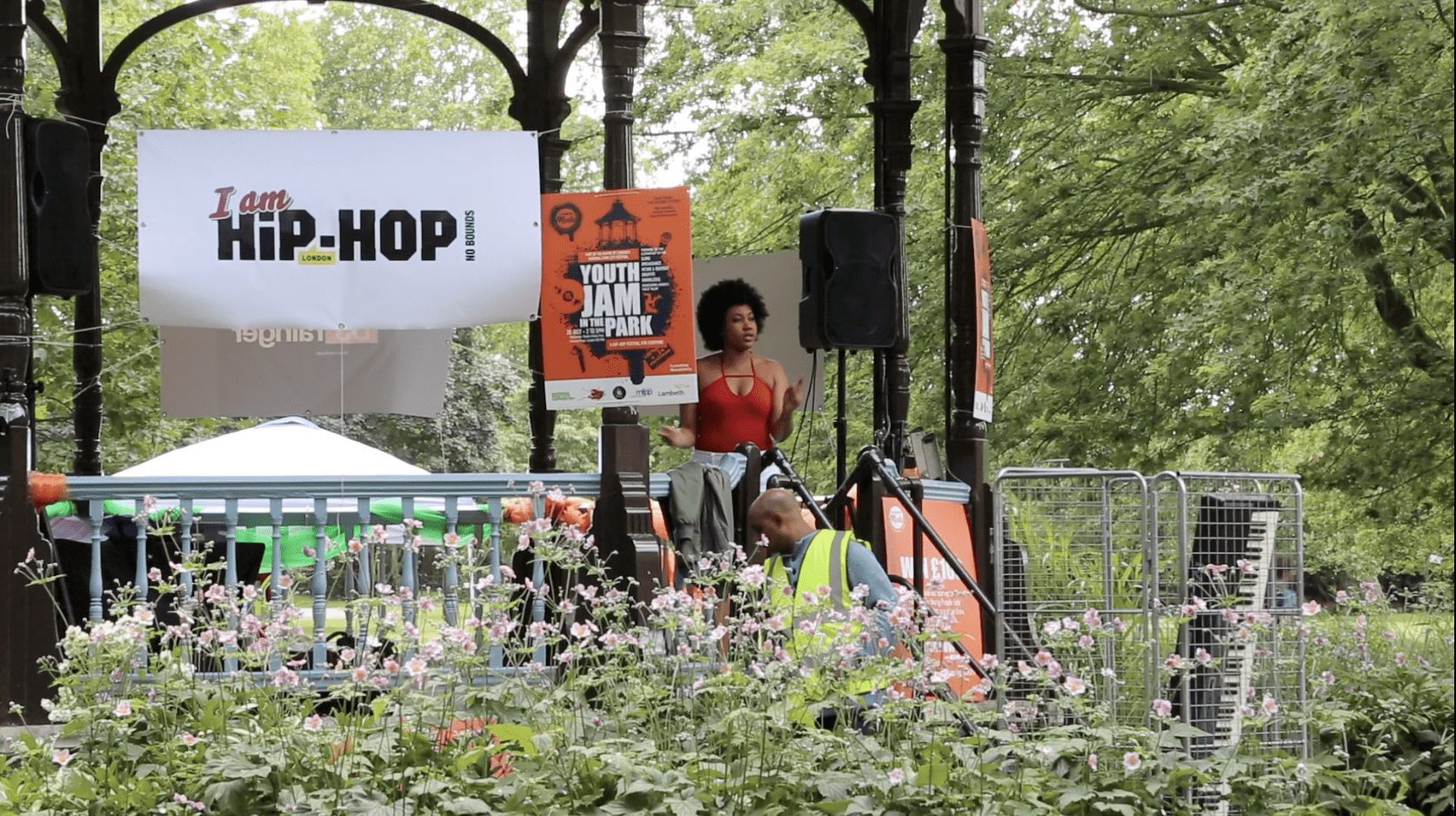
Streamlined recruitment
While online recruitment is a big part of attracting volunteers, says that actually more people are recruited via referrals and word of mouth.
“What digital has really done is streamlined recruitment,” she says. “In the past we would have done a huge amount of back and forth, asking for information. It’s cut out most of that. A lot of the work has been taken away. We book everyone into everything through online pages. The volunteering agreement is online. Everyone reads the rules and policies.
“We’ve teamed up with Twine. It’s a free app that helps us plug in and monitor who’s volunteering and what programmes they’re working on. It provides a graph which we can easily provide to the trustees. Some volunteers download it and put in their own hours, but others don’t necessarily have a phone with unlimited data, or they just don’t want to engage, and the horticulture manager does it for them. It’s been very helpful because it allows us to map our busy periods and see who’s put in the most days, so when we organise “thank you” trips for volunteers we know who needs to come.
“We’ve had problems with getting uptake, however. Some people were reluctant to engage because of privacy issues. Others were worried because they didn’t have much data. We have to be respectful of the fact that not everyone has unlimited data on their phone. So in a lot of cases Tony ends up putting in data on his volunteers’ behalf.”
One problem with moving to digital is about inclusion, she says.
“We had one member of staff who struggled to get online, and we had some volunteers as well. It was an interesting challenge, because without using digital tools, we couldn’t communicate well enough to teach digital tools.
“We ended up starting with WhatsApp, and once that was mastered, that enabled us to connect enough to make a video call, and then we could get to the point where we could download Zoom.
“But it’s a bigger problem because where we are, lots of people don’t have access. There’s a lot of inequality here. Right around the park, people are very well off, but then beyond that there are a lot of estates where some people are not doing so well. We try to provide everyone with a phone that can access the internet.”
Overall, Rajia says, the increased use of digital during lockdown has brought her closer to her colleagues and the volunteers. “We’re all working part time, we’re all in different places. Moving to Zoom has actually helped. We now have weekly meetings which everyone can get to. Before there might be people you didn’t talk to.
“I would agree,” says Victoria. “It’s been absolutely incredible. I’m closer to the team than I was before. It’s been a real bonding experience.”

